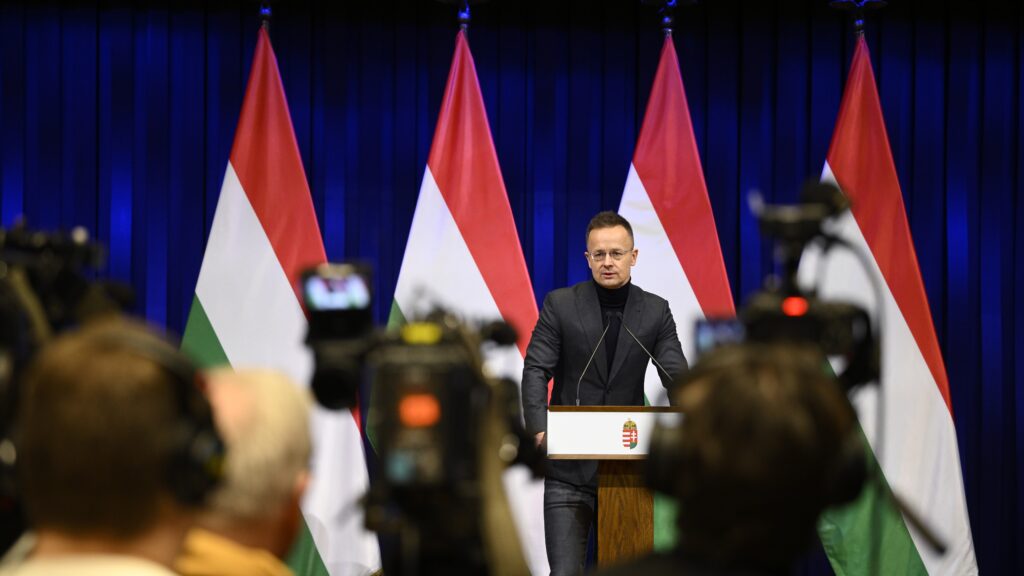The Hungarian government is taking new steps to combat unjustified price increases, this time targeting non-food household items. Beginning 19 May, price margin limits will apply to 30 product categories in drugstores, including cleaning supplies, toiletries, and beauty products. Retailers such as DM, Rossmann, Müller, and Douglas must cap mark-ups at 15 per cent, the Ministry for National Economy (NGM) announced.
This move builds on the price reduction programme launched in March, which applied to 30 basic food categories and resulted in average price drops of more than 19 per cent across 900 products. The government also secured voluntary agreements from banks, insurance providers, and telecom companies to freeze or roll back service charges to protect households.
The new phase extends through the end of summer and focuses on items that previously saw high markups—often exceeding 30 per cent. Products affected include dishwashing liquids, laundry detergents, paper tissues, shower gels, and more. According to the government, the margin cap cannot exceed the average rate applied in January 2025.
The regulation specifically applies to drugstores, which account for over 40 per cent of household item sales. Although mixed retailers are not directly affected, increased competition is expected to put downward pressure on prices across the wider market. Some retailers had already begun reducing prices last week in anticipation of the changes.
The Ministry stressed that these measures aim to protect Hungarian families and pensioners from inflation and support economic growth through increased household consumption.
The 30 affected product categories span seven major groups.
Cleaning products: dishwashing liquids, machine dishwashing tablets, scouring liquids, and general-purpose cleaners. Laundry products: washing powder, liquid detergent, fabric softeners. Baby care items: disposable diapers, baby powder. Personal hygiene: liquid soap, bar soap, hand sanitizers, shampoo, shower gel, toothpaste, toothbrush. Beauty products: body lotion, roll-on deodorant, antiperspirant sticks, aerosol deodorants, disposable razors, refillable razor heads, shaving foam, shaving gel. Feminine hygiene: sanitary pads, tampons. And finally, household paper goods and packaging: toilet paper, paper towel rolls, paper tissues, aluminium foil.
The government emphasized its continued commitment to intervene when necessary to suppress unjustified price increases, strengthen household purchasing power, and support broader economic stability.
Related articles:







